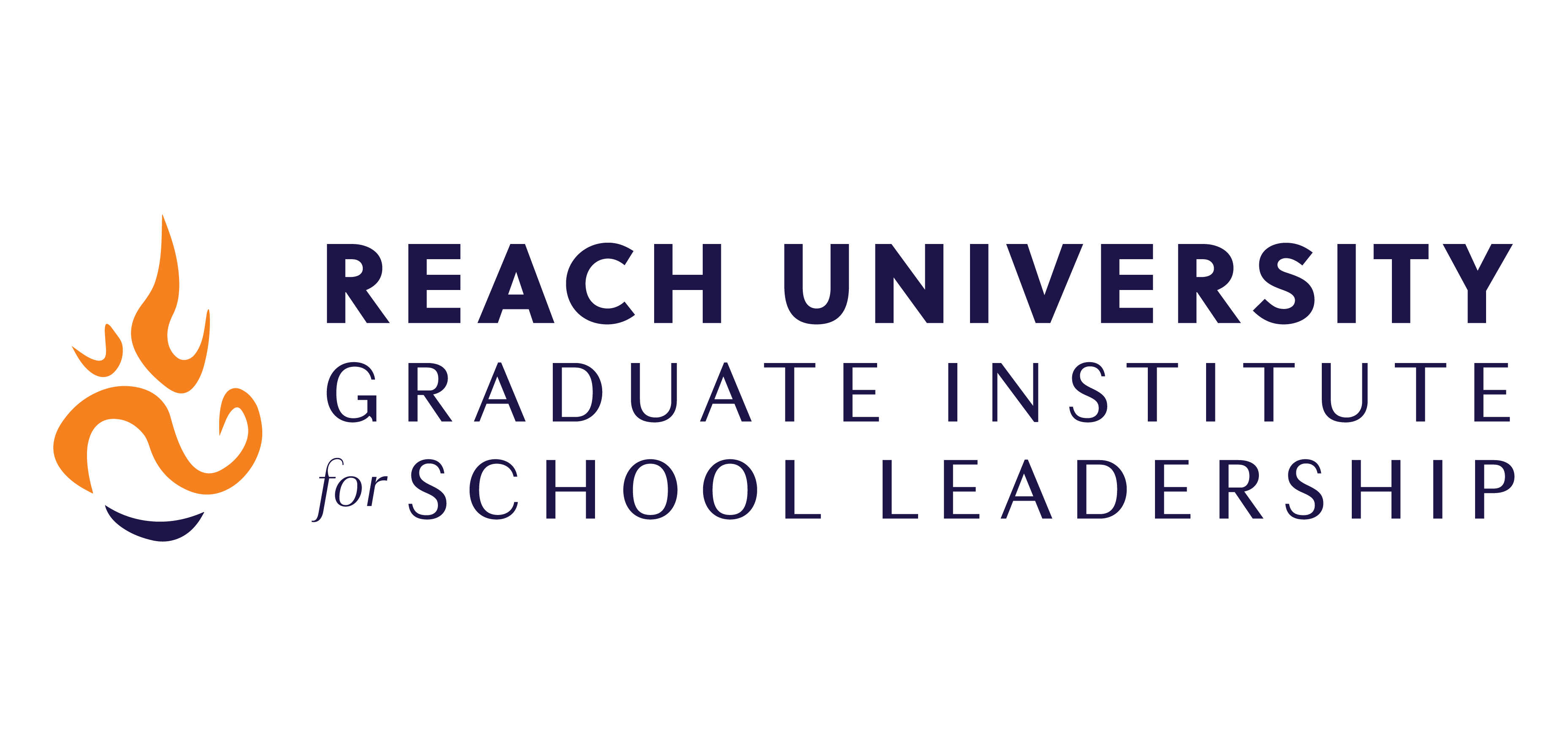Year 1
Instructional Conferencing: Candidates effectively conduct instructional conferences characterized by building rapport, appropriate use of coaching stances, communicating a clear purpose, using low inference data to establish a mirror, guiding teachers in the analysis of their practice and co-creating action plan to address the area of need.
Instructional Conferencing, Equity: Candidates effectively conduct instructional conferences characterized by building rapport, appropriate use of coaching stances, communicating a clear purpose, using low inference data focused on equity to establish a mirror, guiding teachers in the analysis of their practice and co-creating action plan to address the area of need.
Facilitation: Candidates can facilitate group learning arcs as characterized by a collegial culture, developing shared understanding, effective use of facilitation tools and techniques, and implementation of the Community of Practice framework.
Action Research: Candidates begin to develop an Action Researcher’s Mindset by synthesizing literature and developing a theory of action around their learning arc
Year 2
Action Research: Candidates begin to develop an Action Researcher’s Mindset by defining a problem of practice, synthesizing literature, developing a theory of action, constructing an intervention, collecting data, analyzing data, and coming to conclusions and implications for future practice.
Year 3
Instructional Conferencing, Equity: Candidates effectively conduct instructional conferences characterized by building rapport, appropriate use of coaching stances, communicating a clear purpose, using low inference data to establish a mirror, guiding teachers in the analysis of their practice relative to a shared model of teaching, and co-creating action plan to address the area of need.
Action Research: Candidates integrate an Action Researcher’s Mindset to their work by synthesizing research and best practices into a theory of action, implementing that theory of action, analyzing the results, and reflecting on the implications for future practice.

